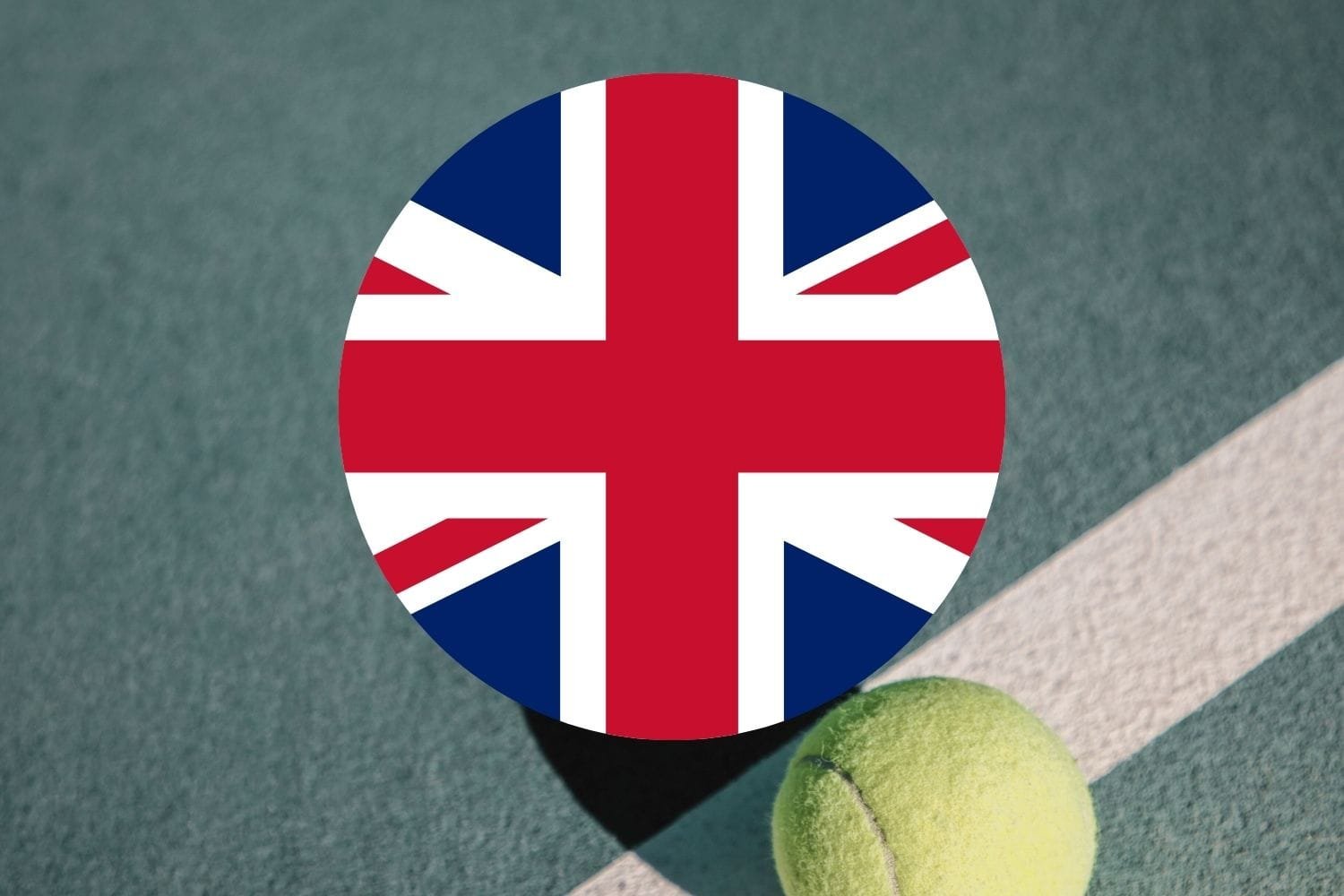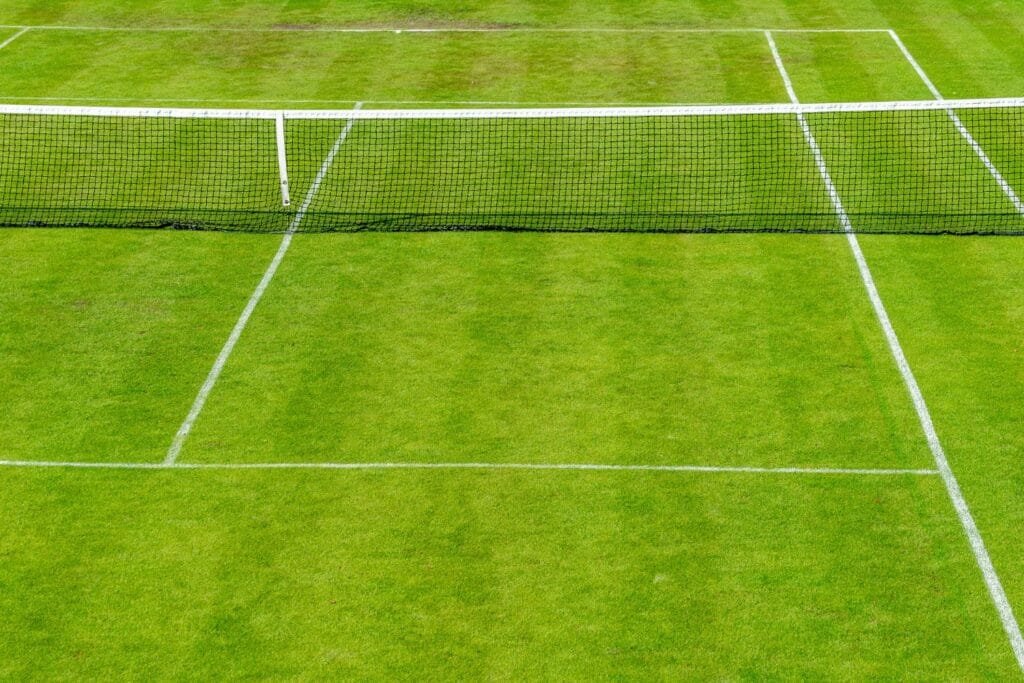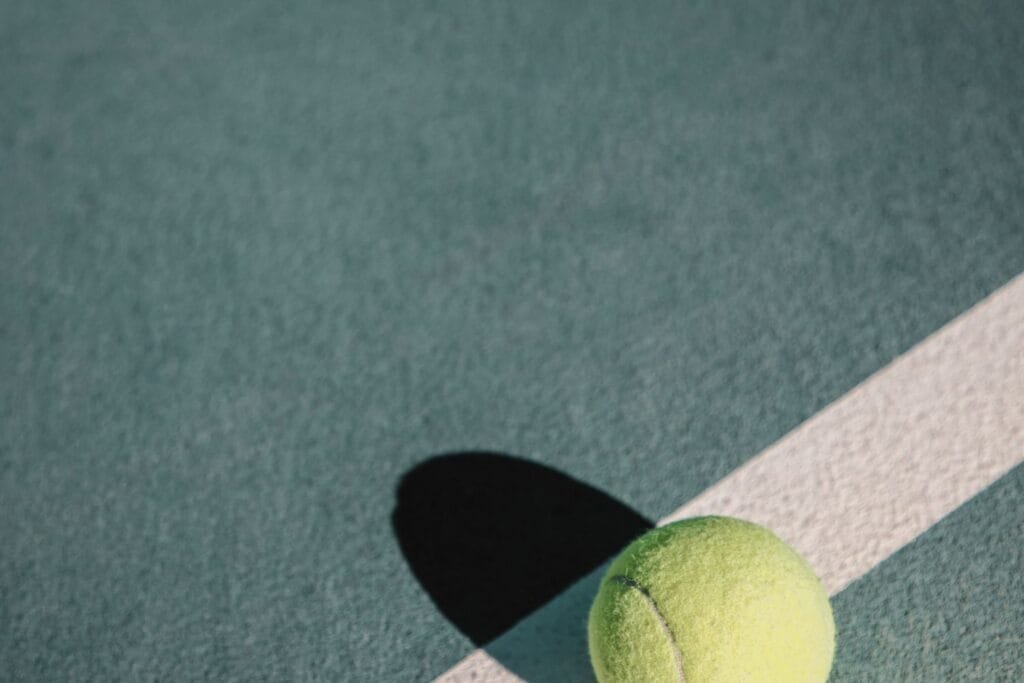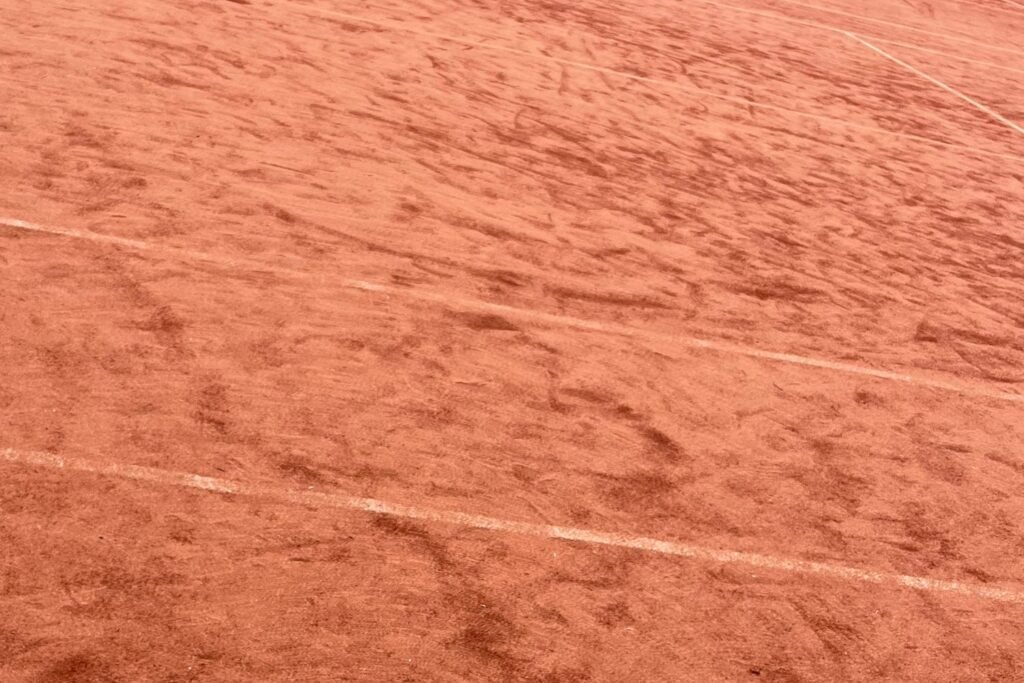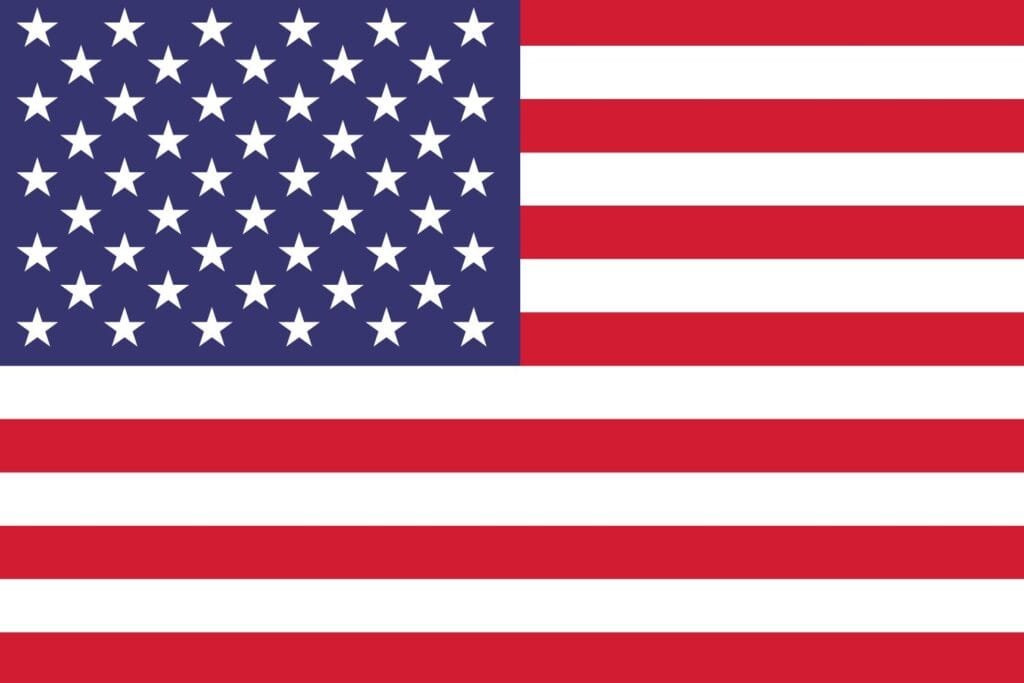
Pickleball in Britain, the quirky-sounding sport that combines elements of tennis, badminton, and table tennis, is enjoying a surge in popularity across Britain. Once a little-known game mostly played in the United States, pickleball is now one of the fastest-growing sports in the UK, attracting everyone from curious beginners to seasoned racket sport enthusiasts.
With its accessibility, sociability, and low barrier to entry, pickleball is carving out a unique space in Britain’s sporting culture. The growth has been nothing short of impressive — fuelled by grassroots efforts, increased media attention, and the rise of community clubs nationwide.
What Is Pickleball in Britain?
Pickleball in Britain is played on a smaller court than tennis, using solid paddles and a plastic ball with holes. Pickleball in Britain can be played as singles or doubles, and thanks to the slower pace and smaller court size, Pickleball in Britain is easier on the joints and less physically demanding than many other racket sports — making it particularly attractive to older players and beginners.
Despite this, Pickleball in Britain is a game that can also be fast, strategic, and fiercely competitive, appealing to younger, more athletic players as well.
Rapid Growth in Popularity
According to Pickleball England, the official governing body for the sport, the number of registered pickleball players has grown from a few hundred in 2019 to well over 10,000 in 2024 — and the real number of casual players is likely double or even triple that.
As of 2024, Pickleball in Britain has over 300 venues offering pickleball across England, Scotland, Wales, and Northern Ireland. This includes a mix of leisure centres, village halls, tennis clubs, and even schools. The growth is particularly strong in London, Manchester, Birmingham, Bristol, and other large cities, but smaller towns and rural areas are also embracing the sport.
Why Britain Is Falling for Pickleball
Pickleball in Britain’s appeal lies in its simplicity and inclusivity. It’s easy to learn, affordable to play, and suitable for all ages and abilities. This makes it particularly popular among those returning to sport later in life or seeking a fun, social way to stay active.
PIckleball in Britain also thrives in community environments. Clubs are often tight-knit and welcoming, and sessions tend to prioritise enjoyment over competition — though competitive circuits are rapidly developing.
Moreover, many former tennis or badminton players who have stepped away from intense competition find pickleball a refreshing alternative that still offers the thrill of rallies and tactical play.
Club Growth and Infrastructure
The sport’s expansion has prompted the formation of dozens of new clubs, many of which have grown organically through word-of-mouth and social media. Facilities like Pickleball London, Oxford Pickleball Club, and Manchester Pickleball are drawing significant local interest, with some clubs reporting waiting lists due to court availability.
In response, tennis clubs and sports centres are adding pickleball lines to existing courts, while dedicated pickleball facilities are beginning to emerge. Some parks and recreation departments are also experimenting with multi-use spaces to support both tennis and pickleball.
Pickleball England has even launched a campaign to develop 100 permanent outdoor courts nationwide by 2026.
Competitive Scene and National Recognition
While the sport in Britain is still in its early stages, a competitive scene is quickly forming. The English Open Pickleball Championships, held annually in Telford, now attracts hundreds of players from across the UK and abroad. Smaller regional tournaments are popping up across the country, with local ranking systems starting to take shape.
Pickleball England is also working to achieve recognition from Sport England, which would open the door to funding and broader support — an important milestone for any emerging sport.
Meanwhile, British players are beginning to make their mark internationally, competing in European and global events and steadily climbing the global rankings.
Media Attention and Celebrity Endorsement
The sport’s rise hasn’t gone unnoticed by the media. Major outlets such as BBC Sport, The Guardian, and Sky Sports have run features on pickleball, highlighting its benefits and growing community. This exposure has helped bring the sport to a wider audience.
Even celebrities and athletes have joined in. Former tennis professionals and public figures have been seen trying their hand at pickleball, adding a layer of glamour and excitement to the game’s image.
Challenges and the Path Ahead
Despite the momentum, pickleball still faces challenges in Britain. The biggest is court access. With limited dedicated facilities and competition for space in sports halls, many clubs struggle to offer enough playing time to meet demand.
Another challenge is visibility. While awareness is growing, many Britons still haven’t heard of the sport or mistake it for something trivial. Educating the public and continuing to promote its benefits will be key to sustaining growth.
Yet the outlook is bright. Pickleball’s blend of fun, fitness, and community resonates across age groups and backgrounds. As clubs grow, courts multiply, and media attention increases, the sport is on a steady trajectory towards mainstream status. Pickleball is also growing fast in the United States.
Conclusion
From village halls to urban sports centres, pickleball is quietly transforming how Britons engage with recreational sport. Its rapid growth is a testament to its unique blend of accessibility, sociability, and enjoyment.
As Britain builds the courts, clubs, and culture around pickleball, the sport is poised to become not just a passing trend, but a permanent fixture in the UK’s sporting landscape. Whether for fitness, fun, or fierce competition, more Britons than ever are picking up a paddle — and they’re not looking back.



